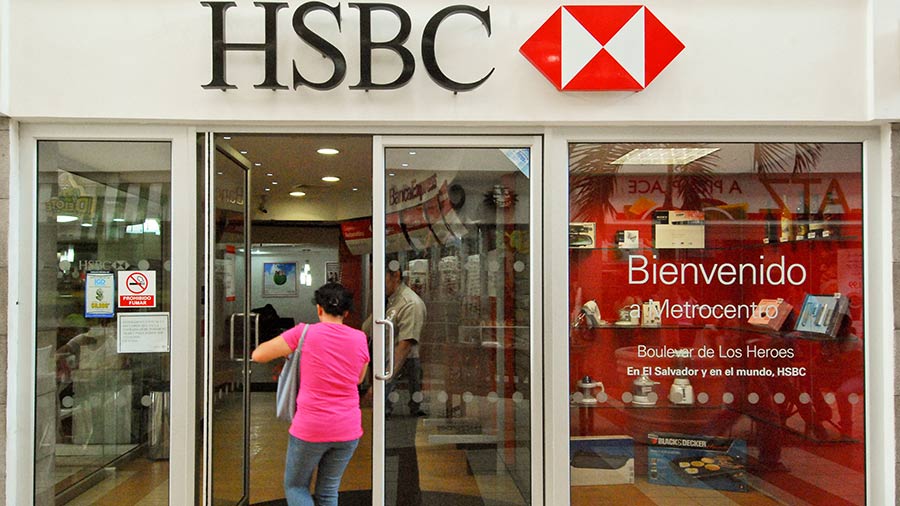
British multinational company HSBC denounces an “extremely unusual and unreasonable delay” by the Constitutional Chamber to resolve legal proceedings that started in 2009.
The postponement of a court response from the Constitutional Chamber in a court case could expose the country to an international claim with the International Center for Settlement of Investment Disputes (ICSID) of no less than $ 49 million.
The British multinational bank HSBC in its Latin American holding company (HLAH), through its legal representatives, sent a letter to the President of the Republic, the Attorney General of the Republic and the President of the Supreme Court District Court on December 17, 2020, informing them of giving a ‘controversy’ arising from legal proceedings with the Salvadoran company Ingeniero José Antonio Salaverría y Compañía (IJASAL) in which the bank confirms that they have ‘unusual and unreasonable delays’ on the part of the Constitutional Chamber of the Supreme Court.
In the notice, the bank reminds the authorities that in 1999 the country signed an agreement for the promotion and reciprocal protection of investments with the government of the United Kingdom of Great Britain and Northern Ireland, abbreviated as APPRI UK-El Salvador.
READ ALSO: Constitutional Chamber reiterates to Bukele that it cannot close the country’s economy
“El Salvador explicitly undertook an international obligation to grant fair and equitable treatment to UK investors in its territory, including an obligation to protect them from any arbitrary and discriminatory treatment,” the document states.
“The conduct of certain courts in El Salvador in this case, including the highest judicial authority, constitutes a denial of justice to HLAH and constitutes unjust, unfair, arbitrary and discriminatory treatment by El Salvador. The violation of these international obligations means that El Salvador will have to use public funds to compensate HLAH for the losses resulting from its behavior, ”the document states.
In the letter, the Bank informs the authorities of this controversy and informs them that if the bank is not resolved within three months from the date of issue of the letter, the bank will initiate proceedings at the International Center for Settlement of Differences. Regarding Investments (ICSID) “without further notice”.
“HLAH hopes that the Constitutional Chamber of the Supreme Court will soon resolve the appeal pending before the Court related to the controversy, so that there is no need to invoke ICSID. If the controversy is not resolved satisfactorily, HLAH will initiate the associated arbitration, ”he warns.
The case
According to a chronological overview of the bank, HSBC entered into a loan contract in July 2007 with the company Ingeniero José Antonio Salaverría y Compañía, of Variable Capital. The loan was $ 2.1 million.
In June and October 2008, HSBC El Salvador sued IJASAL to collect the outstanding debt.
But later, IJASAL sued HSBC for alleging that the lawsuit violated a new agreement. In doing so, he requested that HSBC be ordered to pay $ 22.7 million in damages and prejudice.
The trial reached the Civil Chamber, which ruled in favor of IJASAL and ordered the payment of $ 49.3 million.
According to the summary of his complaint, HSBC had no right to participate in the acquittal of positions in the trial that followed before the First Commercial Court.
The bank points out that, in view of the violations of its fundamental rights, it has appealed to the Constitutional Chamber with the request to reverse the decision of the Civil Chamber.
“It takes between four and eight months for the chamber to decide on the admissibility of these remedies,” the law firm states that the chamber has already been delayed for 17 months without ruling on the admissibility of the amparo.
And on the other hand, the implementation process has been very fast. “The first commercial court, which was responsible for the execution, issued an arrest in just two months,” he says.
The Constitutional Chamber has not yet announced whether it has already admitted that the process that the international financial entity claims to have stopped has been stopped.